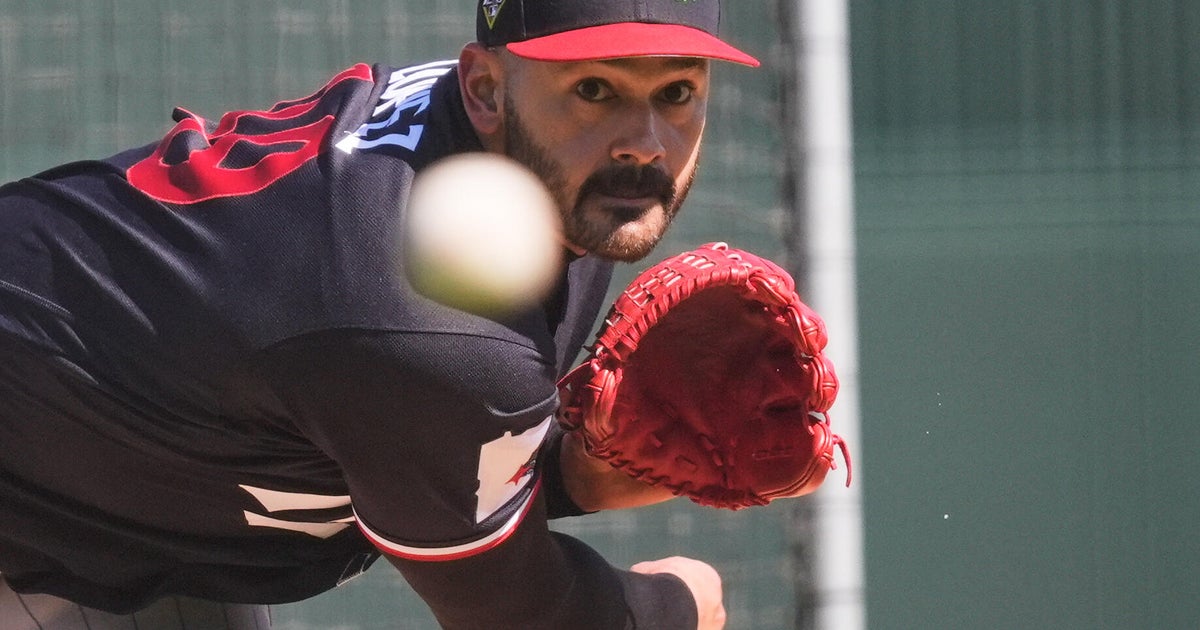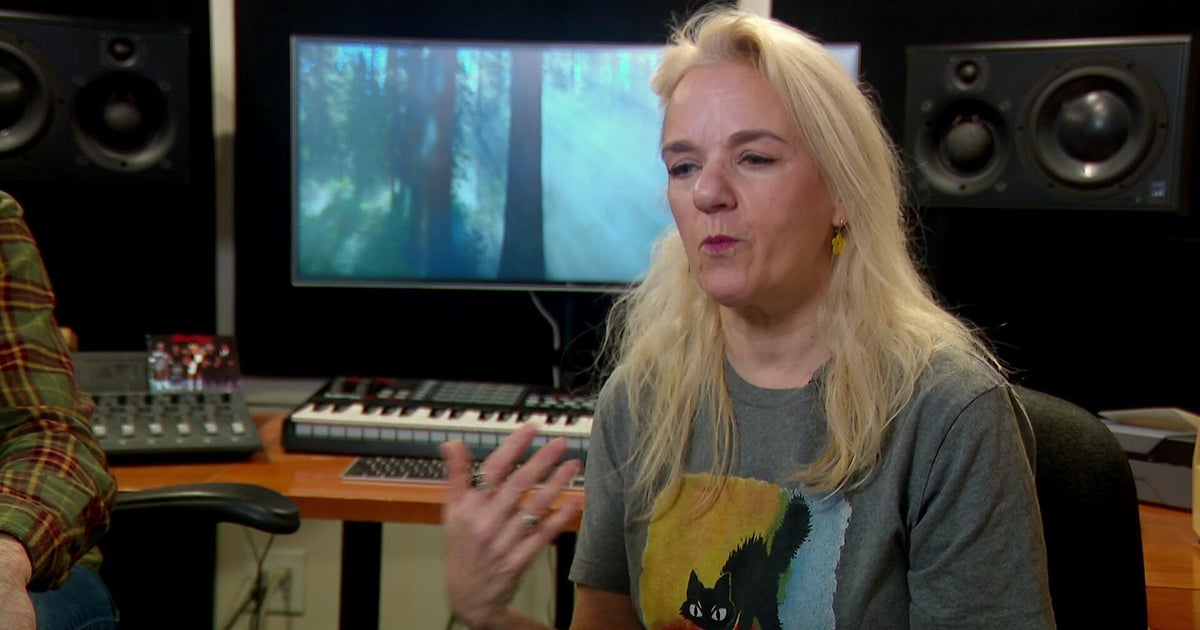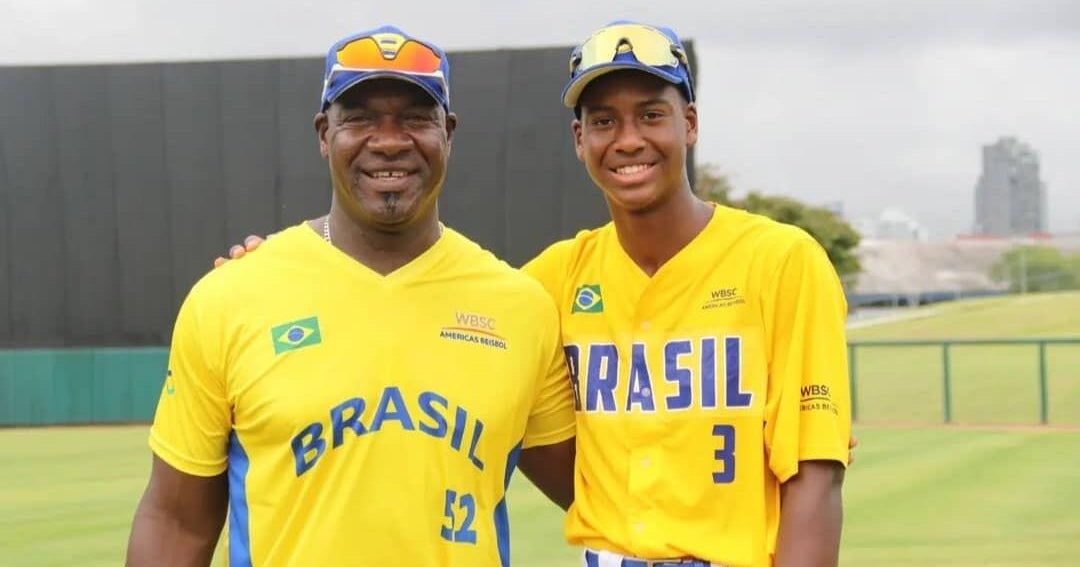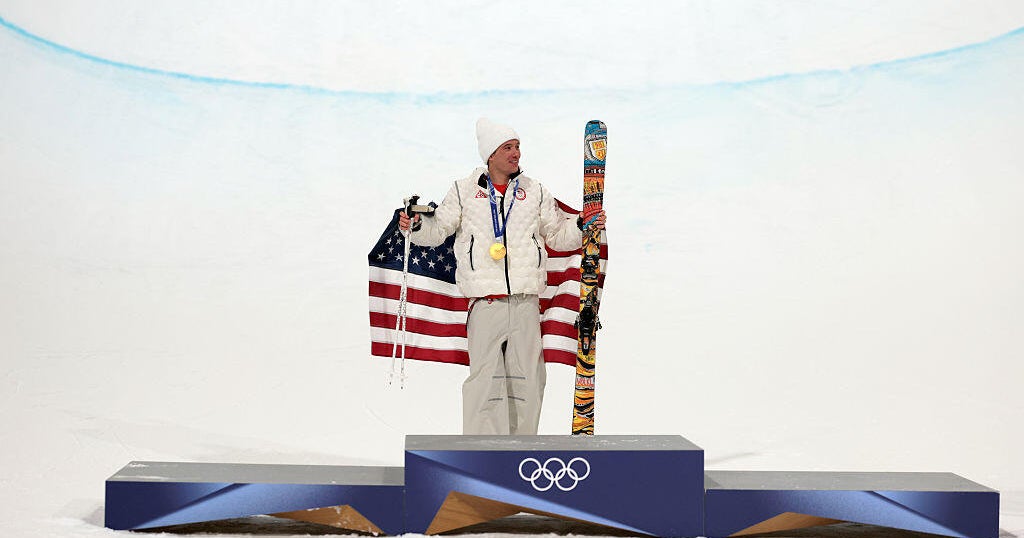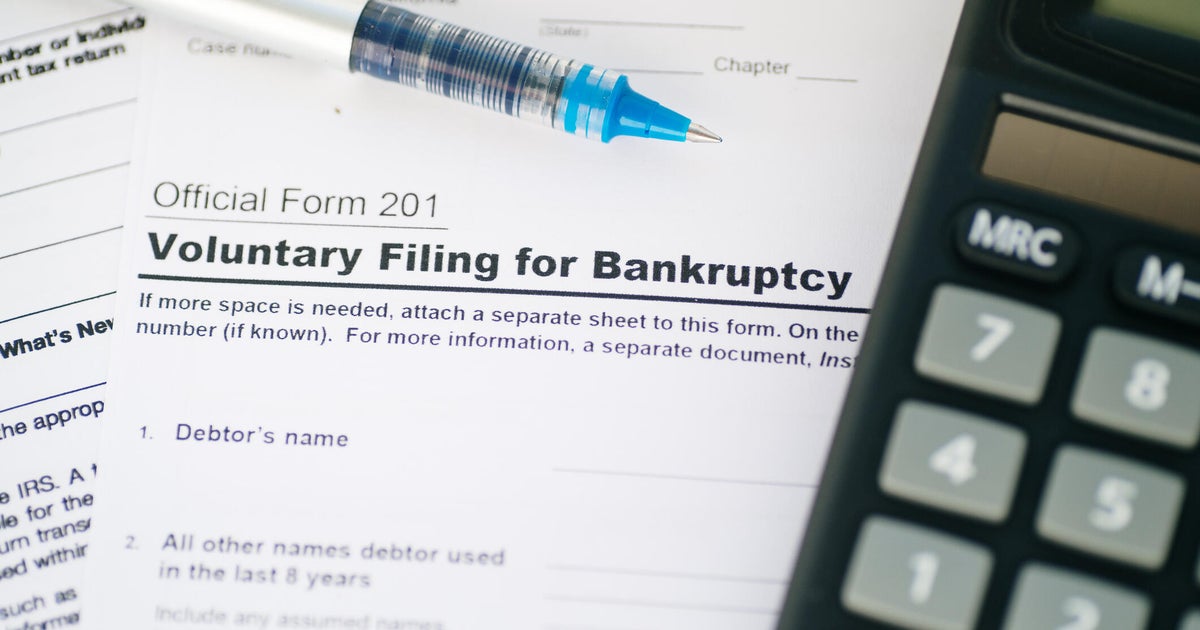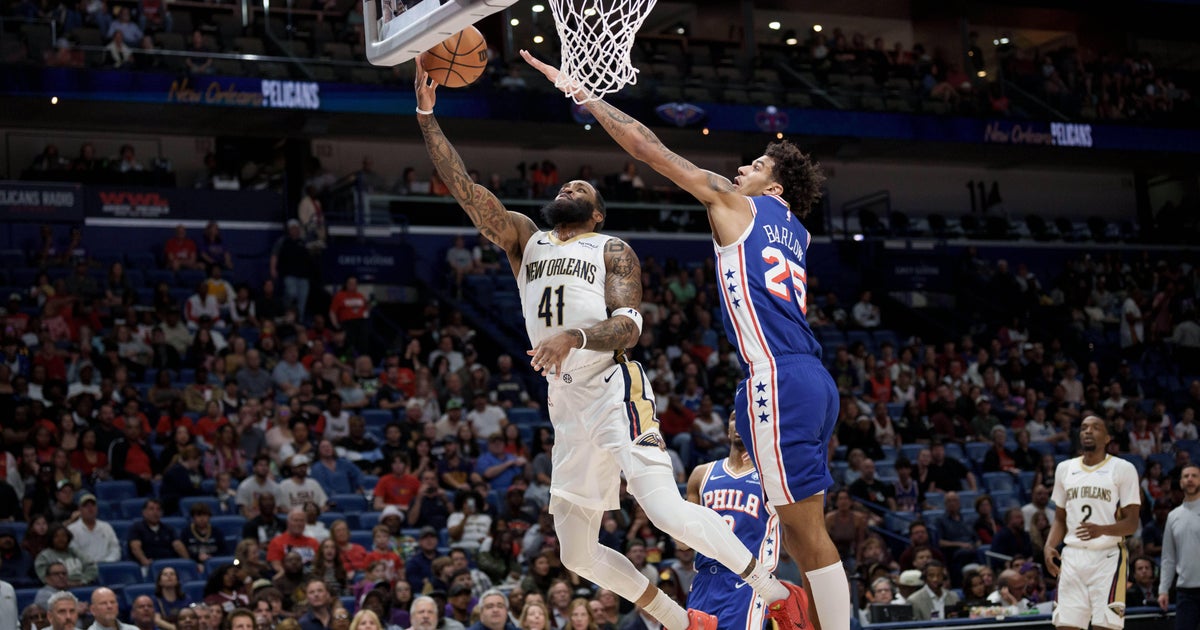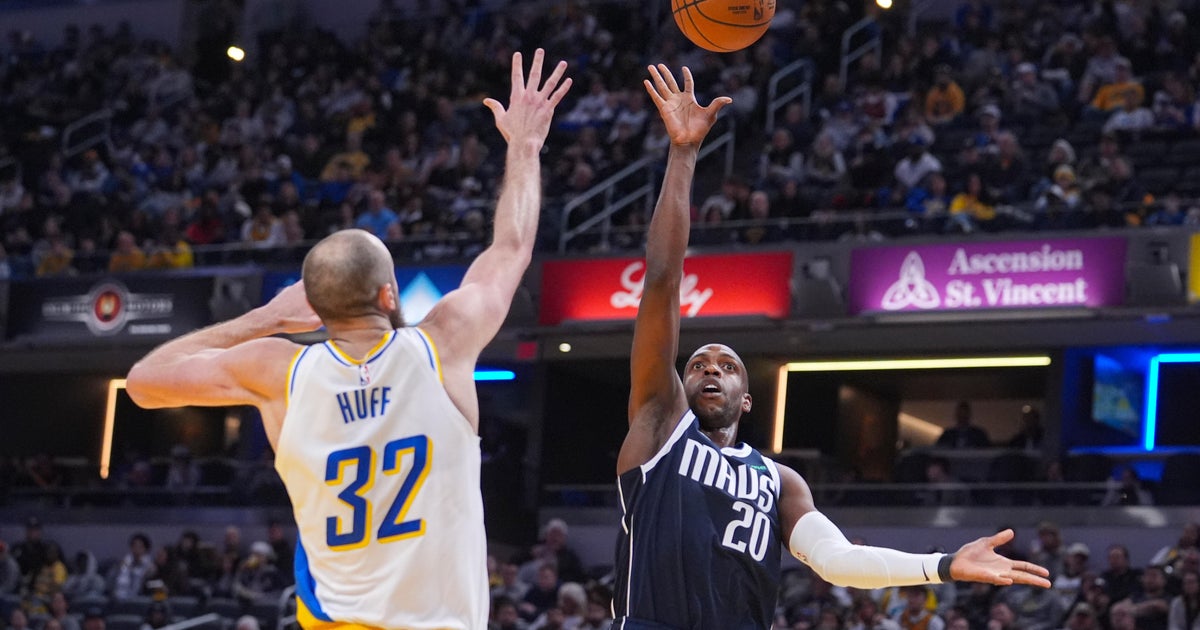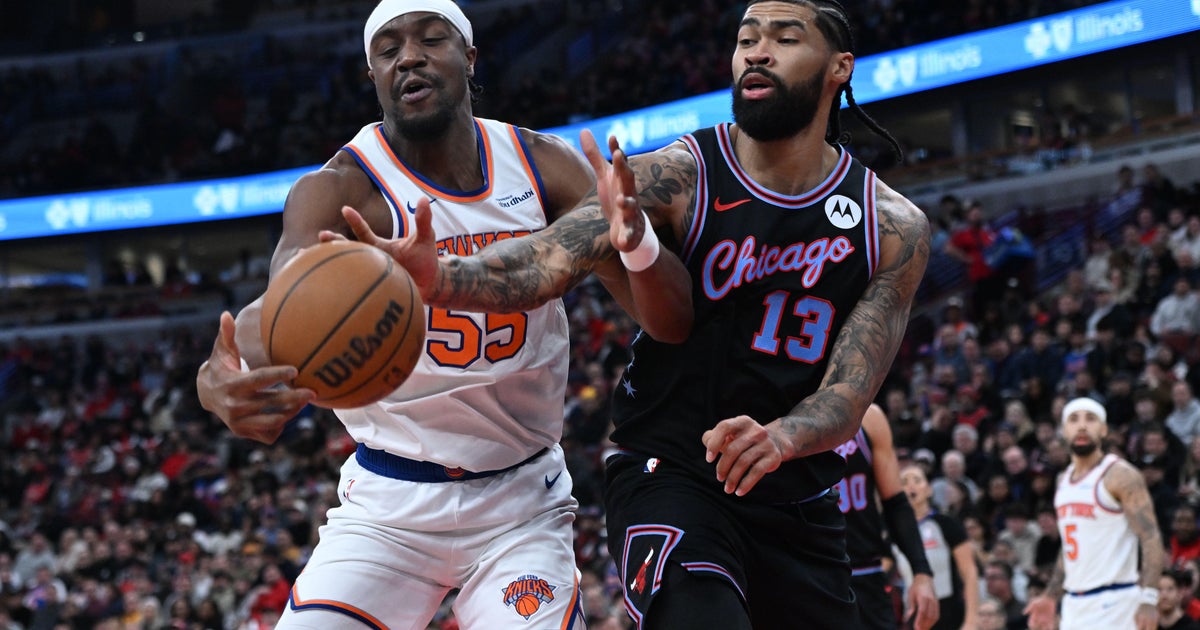Tacopina On WFAN: 'Overwhelming' Evidence That A-Rod Avoided PEDs
NEW YORK (WFAN/AP) — A member of Alex Rodriguez's high-powered legal team says there's "overwhelming" evidence the New York Yankees third baseman has avoided performance-enhancing drugs since his time with the Texas Rangers.
Joe Tacopina made the comments Friday morning on WFAN's "Boomer & Carton" show.
"Alex Rodriguez was adamant that he had to be 100 percent clean as far as PEDs," Tacopina said. "I will tell you that the evidence is overwhelming that he went out of his way to make sure he was taking (legal) nutritional supplements. Overwhelming. Two, three years of emails that we have. Overwhelming."
A-Rod Lawyer Joe Tacopina
But that evidence -- should they choose to release it -- may not see the light of day until next week. That's when Tacopina & Co. plan to file an amendment to their complaint against MLB in court. He said there's some information that can't come out with the arbitration hearing "technically still open," but there will be "plenty of other stuff."
Tacopina said Biogenesis founder Anthony Bosch, whose cooperation has been key to MLB's case, touted himself as a "nutritional guru."
"We have evidence -- it came out in the hearing and I can't go in detail on it -- that Tony Bosch was discussing with others Alex's nutritional supplementation, legal supplements, nothing to do with PEDs, with many other people," he said. "So that's what it was."
Tacopina acknowledged the possibility of Rodriguez unknowingly taking a banned substance, but said it wasn't the backbone of his defense.
"Here's the thing: it would defy science then, because Alex would be either the luckiest man in the world or a scientific freak," Tacopina said. "His testing results show he did not take PEDs."
A-Rod's grievance hearing to overturn his 211-game suspension ended Thursday when both sides rested their cases, a day after the player angrily walked out and decided not to testify in his own defense following arbitrator Fredric Horowitz's refusal to force testimony from Commissioner Bud Selig.
Tacopina insisted during Friday's interview, which at times turned testy, that A-Rod's walk-out wasn't planned.
"I personally assured Alex that the ruling would be in his favor, that Bud Selig would have to testify," he said. "But not only me, the other lawyers, the union attorneys told him as well there's no way Bug Selig is going to be kept off the witness stand."
The sides set a schedule to file briefs and reply briefs next month, which will close the record and submit the matter to Horowitz.
MORE: RODRIGUEZ STATES CASE ON WFAN
His decision on whether to uphold or alter the discipline for the three-time AL MVP likely will be made in January, a person familiar with the proceedings told The Associated Press. The person spoke on condition of anonymity because no statements were authorized.
Rodriguez's lawyers already are vowing to challenge the ruling in federal court, where judges usually are reticent to overturn an arbitration decision unless there is a finding the arbitrator was biased, exceeded his authority or failed to comply with the rules agreed to by the parties.
Tacopina was asked whether Rodriguez would accept a 50-game suspension, which would be in line with other first-time offenders under baseball's drug policy.
"My opinion is he should fight it," Tacopina told Boomer & Carton. "I don't think on this evidence he should take one inning. I've told him that. I've said that before. Ultimately that's Alex's decision. There is some benefit to putting this all behind everyone."
The exact timing of a decision is uncertain. Baseball's Joint Drug Agreement states the arbitrator shall make "all reasonable efforts" to close the record in time to permit a decision within 25 days of the start of the hearing. But in this case, the hearing began Sept. 30, making that timetable impossible to meet.
After the arbitrator renders his decision, the written opinion is to be issued within 30 days. It is unclear if Horowitz will issue his written opinion simultaneously with his decision.
The timing of the case could complicate planning for the Yankees, who don't know if they will have to pay Rodriguez his $25 million salary and are unsure whether they will need a different starting third baseman.
GAMMONS SORRY FOR COMPARING ALEX TO BOMBERS
Rodriguez was suspended by MLB on Aug. 5 for alleged violations of baseball's drug policy and labor agreement stemming from the league's investigation of the Biogenesis of America anti-aging clinic in Florida. The players' association filed a grievance, and because Rodriguez was a first-time offender of the drug agreement, the discipline automatically was stayed pending a resolution of the grievance.
Horowitz heard the case in a trio of four-day sessions, with management presenting its case from Sept. 30-Oct. 3 and Oct. 15-18. Rodriguez's side then took its turn during the first four days of this week.
While Horowitz had set aside six additional days for testimony through Wednesday, that time was not needed.
Rodriguez left in the middle of the 11th session Wednesday, furious the arbitrator refused to order Selig to testify. He then made his way to the studios of WFAN radio to state his case, slamming baseball and Selig, and denying any PED use since 2003.
"And the fact that the man from Milwaukee that put the suspension on me with not one bit of evidence — something I didn't do — and he doesn't have the courage to come look me in the eye and tell me this is why I did 211? I shouldn't serve one inning," Rodriguez told WFAN's Mike Francesa on Wednesday.
His lawyers returned without him Thursday to complete their case, and MLB started and finished its rebuttal. At the end of the hearing, the sides learned union head Michael Weiner had died from the brain tumor he was diagnosed with 15 months ago.
Outside MLB's offices, representatives of the New York Hispanic Clergy Organization, including state Sen. Ruben Diaz, held a prayer vigil to express opposition to Rodriguez's discipline.
Rodriguez lawyer James McCarroll issued a statement Thursday pointing out that this case is the first grievance under the drug agreement involving discipline that didn't stem from a positive test and involved "the commissioner's discretion and decision-making." While he said the commissioner in the past "was harshly criticized in the arbitrator's decision for not voluntarily appearing at a grievance," that statement appears to refer to arbitrator George Nicolau's 1987 decision cutting Peter Ueberroth's drug suspension of pitcher LaMarr Hoyt from one season to 60 days.
You May Also Be Interested In These Stories
(TM and © Copyright 2013 CBS Radio Inc. and its relevant subsidiaries. CBS RADIO and EYE Logo TM and Copyright 2013 CBS Broadcasting Inc. Used under license. All Rights Reserved. This material may not be published, broadcast, rewritten, or redistributed. The Associated Press contributed to this report.)
